
The Horse, Boehringer Ingelheim Partner for Gastric Ulcer Awareness Month
Does your horse have gastric ulcers? Research suggests the odds are yes. Learn more about EGUS with educational content throughout August.
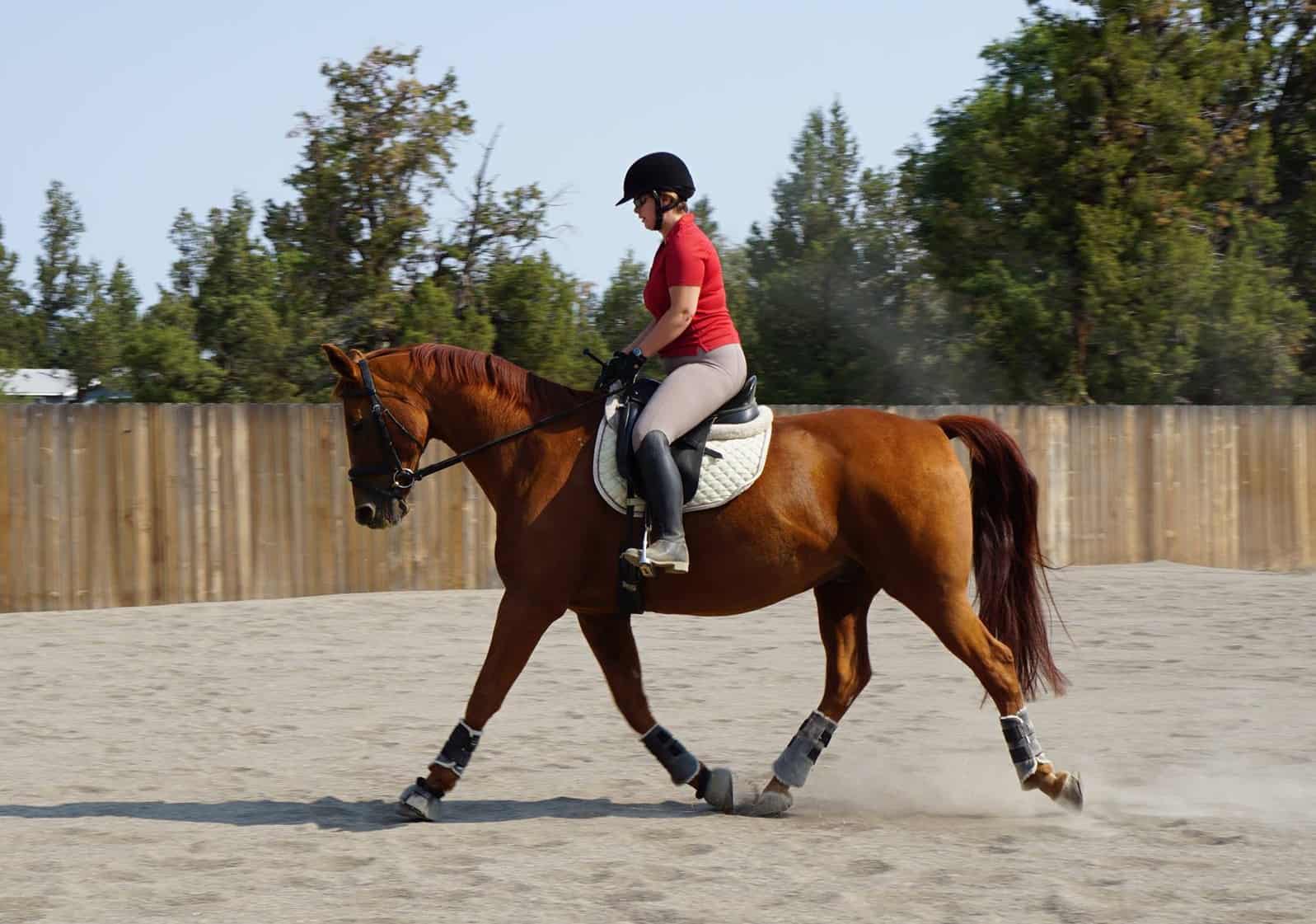

Does your horse have gastric ulcers? Research suggests the odds are yes. Learn more about EGUS with educational content throughout August.
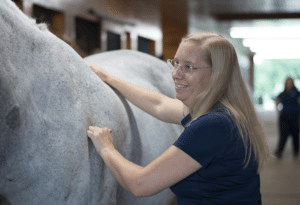
Massage can promote relaxation, support your horse’s muscles, and improve his performance. Listen to this prerecorded Q&A about deep-tissue massage, myofascial release, acupressure points and more. Sponsored by Kentucky Performance Products.
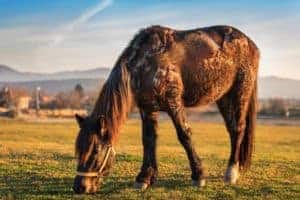
Pituitary pars intermedia dysfunction (PPID, or equine Cushing’s disease) is caused by an enlargement of the pituitary gland’s middle lobe (the pars intermedia), which results in an overproduction of hormones that regulate bodily functions. Learn more about this disease in our slideshow.
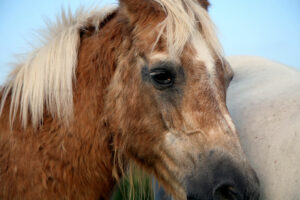
Look for up-to-date information on diagnosing and managing horses with pituitary pars intermedia dysfunction (PPID) throughout June on TheHorse.com.
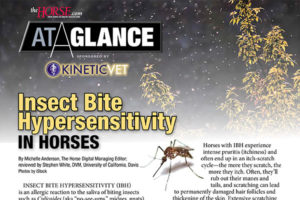
Do you have an itchy horse? We have help! Check out our special report on sweet itch. Sponsored by Kinetic Vet.

Find resources about air quality and equine respiratory health during the week of April 26 on TheHorse.com.

Use this guide to help create an internal parasite control program for your adult horse.

Quarter cracks form in response to various hoof imbalances and often require a multimodal approach to resolve.

An equine gastroenterology expert offers advice to veterinarians managing colic on farms. He also talks about indications it’s time to move the horse to a hospital.
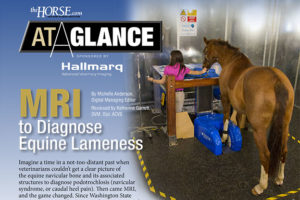
MRI has become easier to use and more accessible. Using this diagnostic tool early leads to improved outcomes for lame horses. Sponsored by Hallmarq Veterinary Imaging.
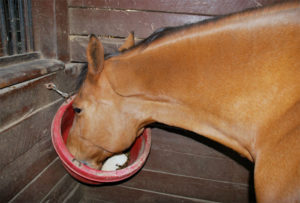
Showing, training, traveling, or even lifestyle changes can put your horse under stress that risks his health. The right nutritional choices can support his immune system, GI tract, and overall well-being. Learn how.
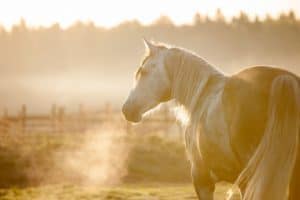
Sweet PDZ Horse Stall Refresher and The Horse have partnered for Respiratory Health Awareness Week, held Oct. 26-Nov. 1.
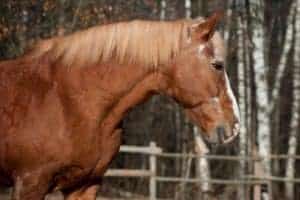
Dr. Amanda Adams of the University of Kentucky, in Lexington, describes her senior horse research, which focuses on EMS, PPID, and immune system health.
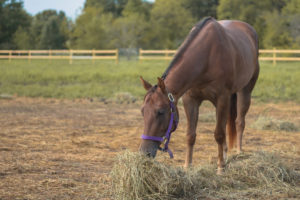
Good nutrition and attention to GI health are the best ways to prevent leaky gut syndrome and heal horses with leaky guts.
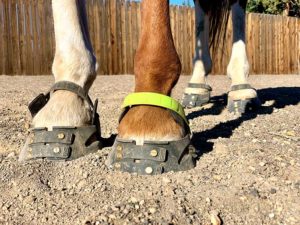
These low-profile, easy-to-use hoof boots offer extra protection during mountain trail rides for a horse who otherwise thrives barefoot.
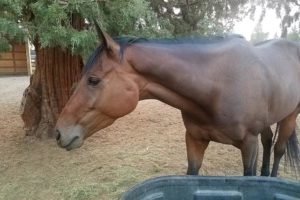
A picky 4-year-old OTTB in transition didn’t like to eat much until our digital managing editor tried feeding her Triple Crown Senior.
Stay on top of the most recent Horse Health news with